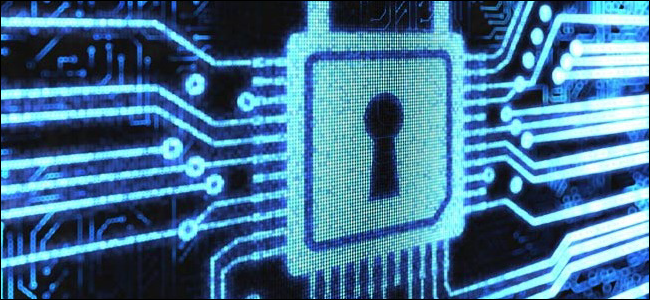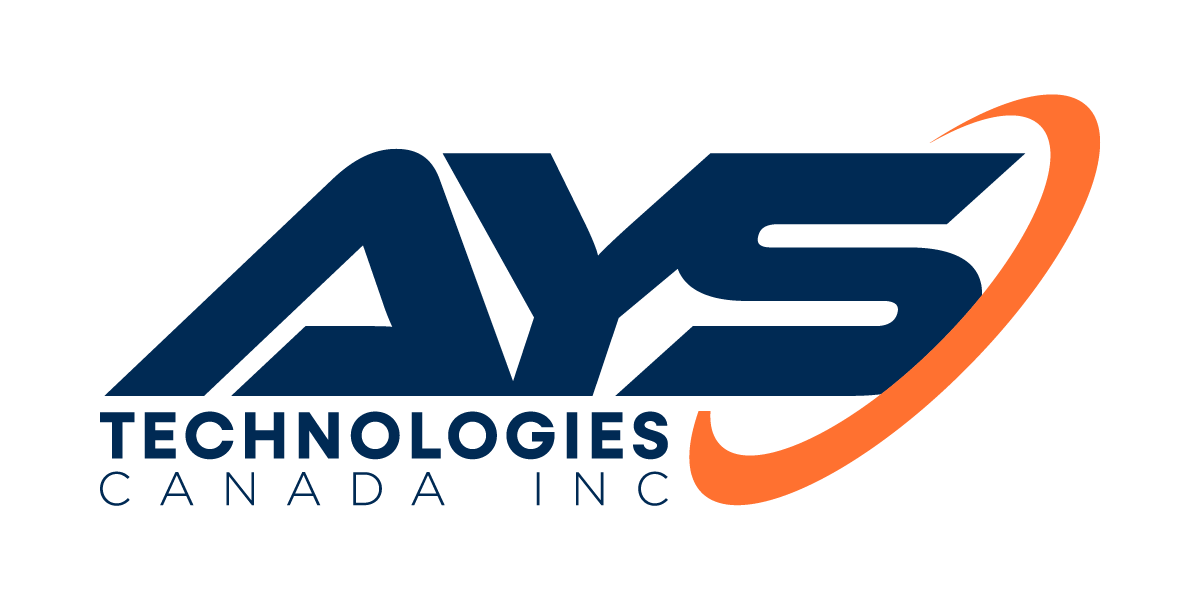Computer Security -How To Protect Your PC and Phone
Malicious software, commonly referred to as malware, is any software that brings harm to a computer security or phone. Malware can be in the form of worms, viruses, spyware, adware, trojans, and rootkits, among others. The intent of malware varies, but the most common goals include stealing protected data, deleting documents and adding software not approved by a user or stealing the data of your phone.
Malware can cause serious damage to any business, so that’s why we’ve created this guide to help you understand what malware is and how you can protect against it.
- What types of malware are out there?
Some sophisticated forms of malware are intended to spy on the user. These are commonly referred to as “spyware.” Once installed on a computer, spyware can monitor a user’s location and capture sensitive information, such as credit card numbers or personal details.
Worms and viruses behave differently, as they can quickly do their job and undermine an entire computer system. They may also perform unsavory activities on a user’s computer without their knowledge. If a virus or worm makes its way onto a computer, it can experience significant damage as a result.
How do I get rid of a virus on my computer?
Depending on the level of sophistication of the virus installed on your computer, you may need to seek professional assistance to get your system back to normal.
Before seeking assistance from a certified IT specialist, you should first try using the Microsoft Windows Malicious Software Removal Tool. The free tool created by Windows helps remove specific, prevalent malicious malware from computers that are running supported versions of Windows. To see the full list of supported operating systems, click here.
Microsoft releases a new version of the Microsoft Malicious Software Removal Tool every month, so you can trust that it will be up-to-speed on new and developing threats targeting PCs.
Concerned that your computer may have a virus? Click here for an in-depth support guide for the Microsoft Malicious Software Removal Tool created by Microsoft.
If you find that you are still experiencing problems after following the steps listed in this guide, then it may be time to call in a professional.
We recommend that you entrust your PC(s) only to certified IT specialists who possess the specialist training needed to perform the clean-up quickly and professionally. While choosing a cheaper, less experienced vendor may be a tempting option, doing so puts your computer at risk of data breach and file loss, which is rarely worth the risk in the long-term.
How do you protect against malware?
Conventional wisdom dictates that the best offence is a good defense. This all-too common adage is as true for computers as it is for other parts of life.
Taking proactive measures to protect against malware and other threats is the best way to ensure that they never get installed on your computer and harm it in any way. To assist you in this process, we have listed the top three actions that you can take today to protect your computer against malware threats.
How can you protect your device from strangers?
Using an advanced privacy technology there are filters you can use on your computer security to ensure your information remains private and confidential. This works perfectly with office settings, your personal device daily or when travelling, financial institutions or healthcare providers.
Keep up to date
Most malware exploits security holes that have already been fixed, so the most important step you can take to ensure your PC remains healthy is to regularly install software and hardware updates. Microsoft releases patches every second Tuesday of each month, so it is easy to install them promptly. Or better yet, turn on automatic updates and let your PC install them automatically.
Anti-virus software
The benefits of having anti-virus protection on your PC are well documented. Simply put, they keep your PCs from getting viruses. The potential impact of a virus infecting enterprise users, storing corporate credit card details and confidential data could be disastrous for any company large or small.
There are many good anti-viruses on the market today, including the well known Norton and McAfee suites aimed at business users. However, small business owners searching for a cheaper option may find success with younger, less expensive products that have come to market in recent years, such as Kaspersky’s Total Security antivirus. Whichever suite you choose, be sure to select one that meets the unique requirements of your business.
Cross-checks and rescues
No single anti-malware software can catch every threat, so it is important to run a secondary check periodically. It is generally considered bad practice to run to anti-virus programs at the same time, so we recommend using an “on demand” option, such as Malwarebytes Anti-Malware or Kaspersky’s Security Scan which will not affect your other anti-virus software.

If you only have a PC, it is also worthwhile to make a USB thumbdrive filled with all your important data and to update it on a regular basis. Better yet, there are numerous secure cloud storage options available that will minimise downtime in the event of an emergency.
Do you need help choosing the right storage system for your business?
We will work with you to find a viable solution to your problem, tailored to your unique business needs.
